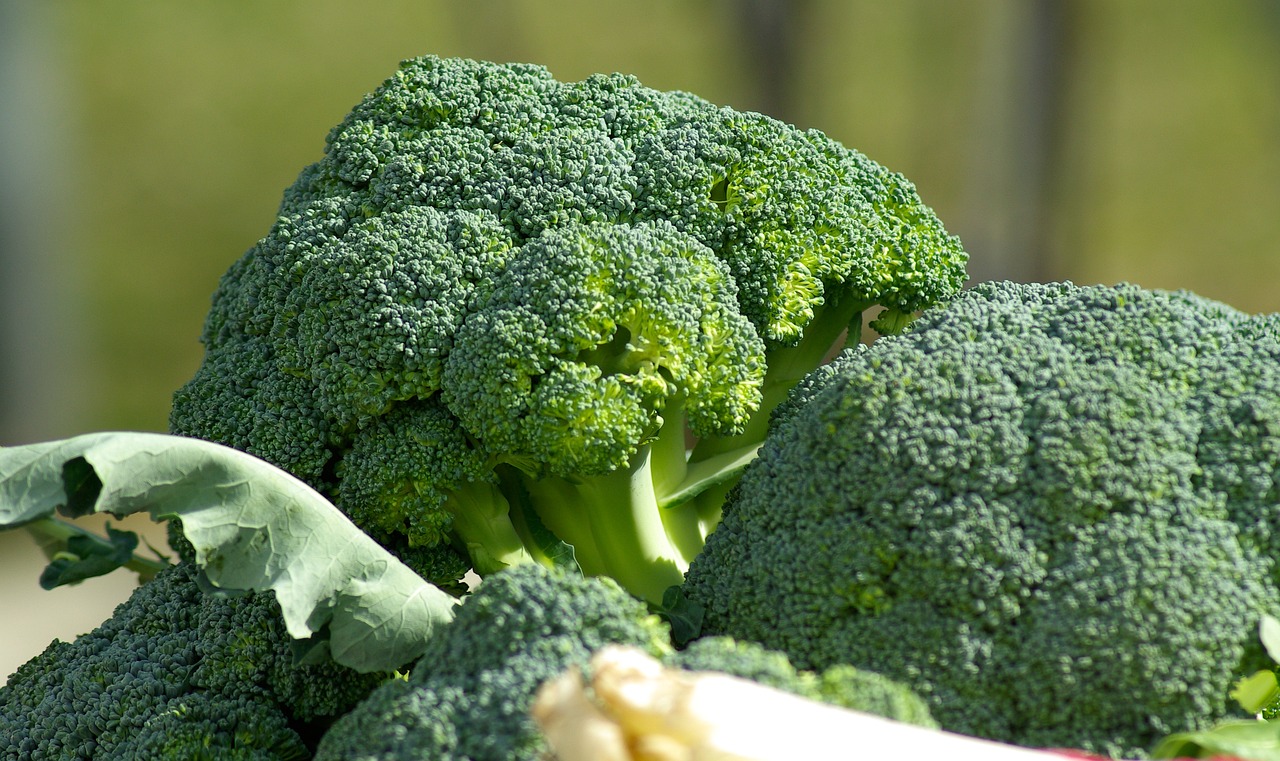Vitamin K is an essential nutrient for healthy bones and serves as an aid in blood clotting. Most people consume the required amounts to stay healthy through a normal balanced diet without the need for additional supplements. However, for patients on warfarin, a blood thinner, sudden increases in consumption of Vitamin K rich foods could decrease the drug’s impact and cause unintended consequences. In this article, we demystify Vitamin K and its effect on anticoagulation.
What is Vitamin K?
Vitamin K is a fat-soluble vitamin that helps maintain the health of the heart and bones. Most importantly, it has the ability to make four of the 13 proteins required for blood clotting. In addition, Vitamin K carries the name to fit its function. The “K,” is derived from the German and Danish word koagulation, meaning coagulation.
There are two types of Vitamin K. Phylloquinone occurs in leafy green vegetables and menaquinone is found in some animal foods and fermented products. Menaquinone is also produced by gut bacteria. To maintain good health, the recommended daily intake of Vitamin K is 120mcg for an adult male and 90mcg for an adult female. For a representative list of foods rich in Vitamin K, see Table 1. To review a more comprehensive list of foods and their Vitamin K content, click here.
Table 1. Foods rich in Vitamin K
| Leafy Green Vegetables | Kale |
| Spinach | |
| Broccoli | |
| Brussel Sprouts | |
| Fruit | Blueberries |
| Figs | |
| Fermented Foods | Sauerkraut |
| Meats | Beef Liver |
| Pork Chops | |
| Chicken | |
| Dairy | Hard Cheeses |
Why intake can be of concern for warfarin patients?
Blood thinners like warfarin are usually prescribed for patients at risk of developing harmful blood clots. Consequently, an increase in Vitamin K consumption could cause a decline in the drug’s efficacy. Consistency is critical to help maintain regularity. It’s important to pay attention to food labels and monitor intake of Vitamin K. Some supplements like omega 3 may also impact blood levels. In addition, it’s important to take your dose of warfarin at the same time every day. As always, if you have any questions or concerns, you should contact your provider for guidance.


